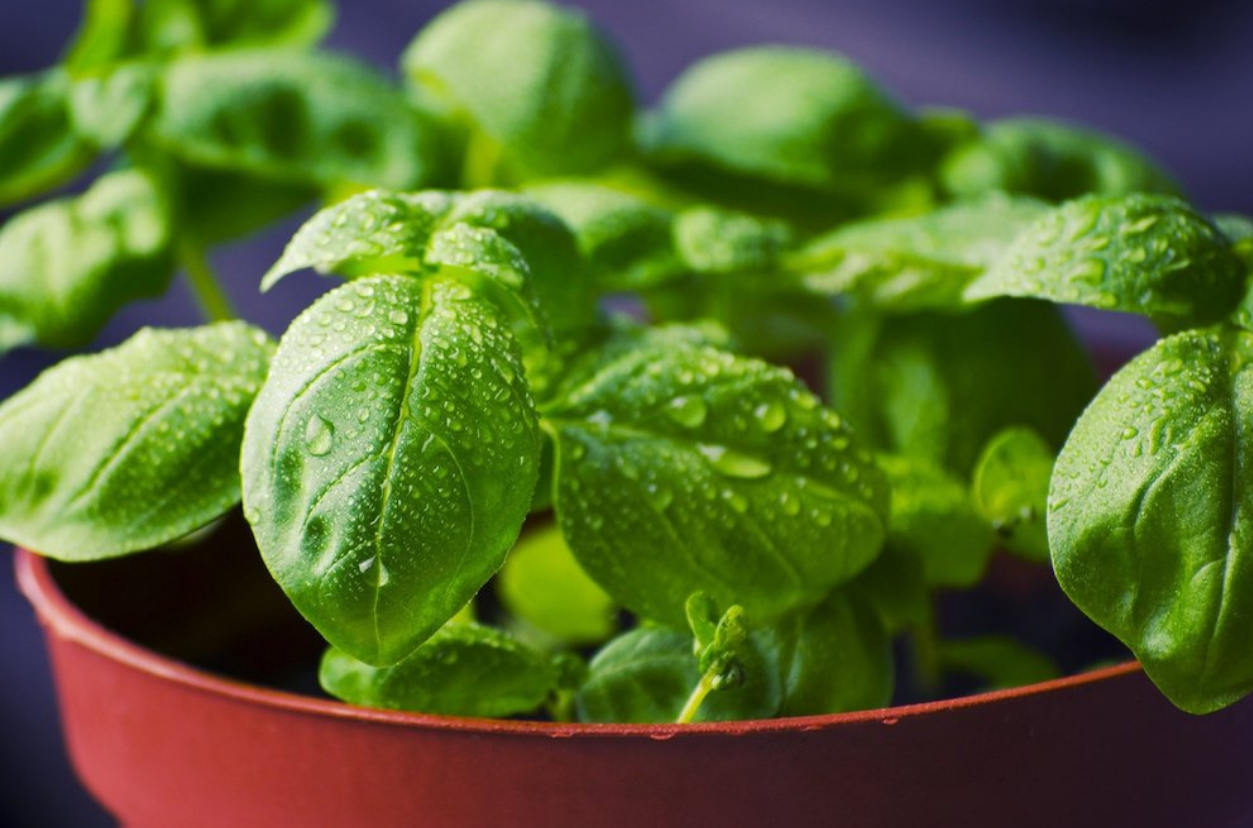What is the Best Fertilizer for Herbs?
•Posted on September 17 2021

With fresh herbs in your garden, it only takes seconds to add an earthy flavor to your favorite dishes.
Use the herbs fresh out of your garden, or dry and preserve them for later use.
A little gardening knowledge and the right fertilizer are all you need to have your favorite herbs at your disposal.
However, herbs need the right balance of nutrients, so it's important to know what you're adding to their water or soil. Here's a guide to fertilizing your herbs.
Which Nutrients Does Your Herb Plant Need?

Herb plants need plenty of nitrogen, phosphorous and potassium to grow strong and healthy.
To see how many nutrients your fertilizer has, look at the NPK (nitrogen, phosphorous, potassium) ratio.
For example, if a fertilizer has an 11-11-40 ratio, that fertilizer contains 11% nitrogen, 11% phosphorous and 40% potassium.
Use this information to give your plants the right amount of nutrients without going overboard.
Nitrogen is an invaluable macronutrient for your herb plant.
Your plant needs nitrogen to perform photosynthesis, giving your plant the energy that it needs to grow.
Phosphorous is another essential nutrient that helps your plant build a strong root system.
Phosphorous also helps your plants build shoots, leaves and stems.
Finally, potassium helps your plants stay healthy in times of drought and increases their nutritional value.
Without these macronutrients, your plants couldn't grow or function.
Micronutrients also play an important role in your plants' regular functions. For example, copper activates enzymes and contributes to photosynthesis.
Your herb plants need zinc to produce chlorophyll, allowing them to absorb energy.
Manganese promotes healthy plant growth and other important functions.
Together with chelated nutrients, your plant has everything you need to produce delicious herbs.
What Should You Look For in a Herb Fertilizer?

A good herb fertilizer offers a formula specifically made for herbs.
If you use a generic plant fertilizer, your plants might get too many nutrients or too few.
The right fertilizer has the perfect NPK ratio to support your plant's daily growth and functioning.
A good cilantro fertilizer also contains micronutrients that support your plant's essential functions.
Macronutrients might play the biggest role, but they can't do everything--you still need micronutrients to cover the full spectrum of plant health.
Your hydroponics herb fertilizer needs to be water-soluble so you can feed your plants directly.
If you're using the traditional potting soil method, you could use it as a dry fertilizer or mix it with water and sprinkle it over the soil.
Either way, this fertilizer allows you to control the amount of nutrients that you feed your plant.
What Does a Healthy Herb Plant Look Like?

Every herb plant is different, but in general, a healthy plant is bright green with plenty of stems and leaves.
Some plants produce small buds, flowers or sprouts.
If your plant is thin or yellowish, it might not be getting the nutrients that it needs to perform photosynthesis.
What's the Best Fertilizer for Your Herbs?
Our pepper and herb fertilizer offers the perfect mix of macronutrients and micronutrients for your plant.
This fertilizer is water-soluble, making it suitable for hydroponic gardens as well as potted plants.
Ingredients like copper, zinc and manganese supplement the rich amounts of nitrogen, phosphorous and potassium.
For an extra boost, this pepper and herb fertilizer contains chelated micronutrients with additional benefits for your plant.
Related Posts:
- What is the Best Fertilizer for Tomatoes?
- What is the Best Fertilizer for Peppers?
- What is the Best Fertilizer for Cucumbers?
Comments
0 Comments
Leave a Comment